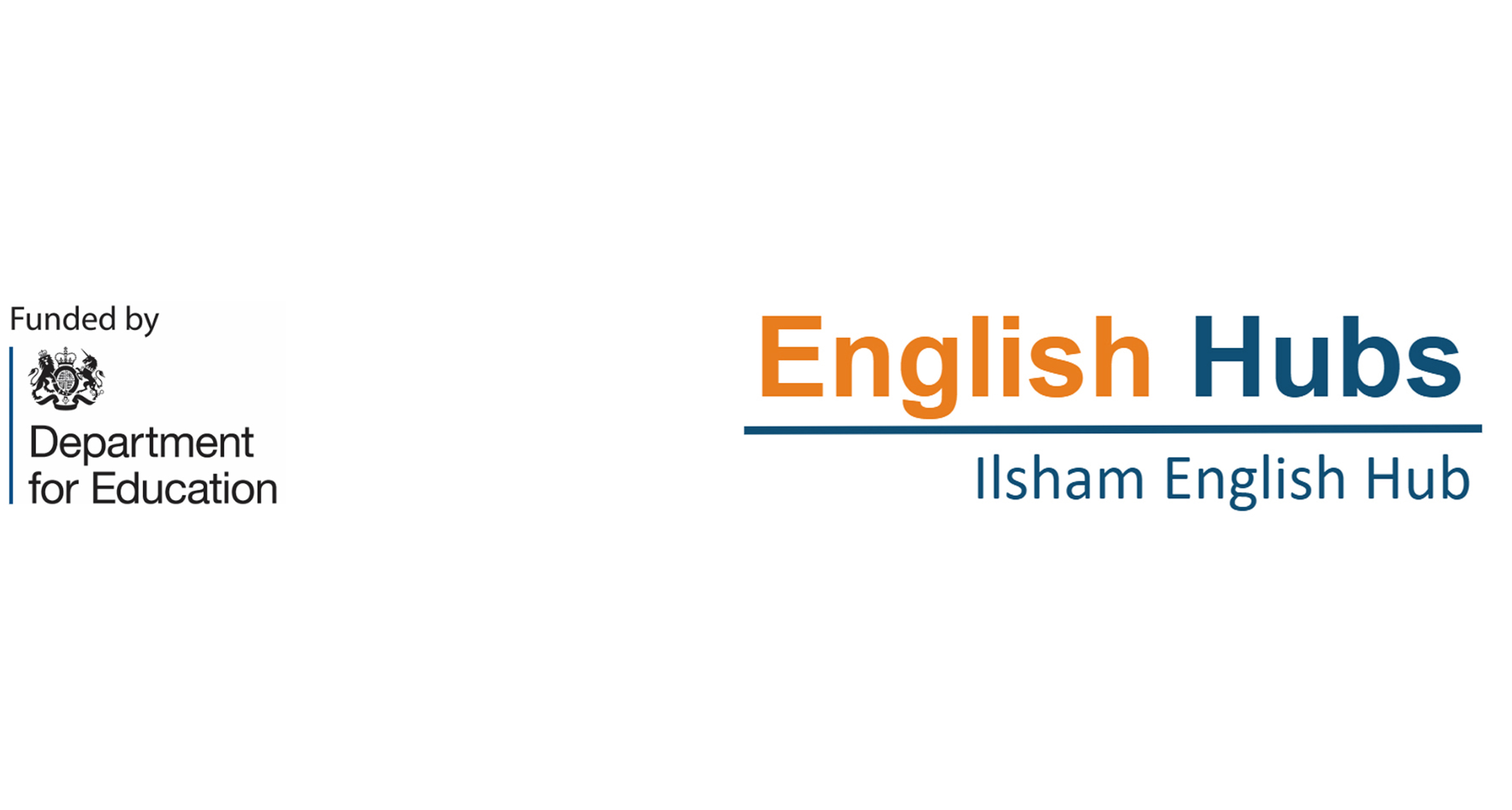


Reading is fundamental to education. Proficiency in reading, writing and spoken language is vital for pupils’ success. Through these, they develop communication skills for education and for working with others: in school, in training and at work. Pupils who find it difficult to learn to read are likely to struggle across the curriculum, since English is both a subject in its own right and the medium for teaching. This is why the government is committed to continuing to raise standards of literacy for all.
This Reading Framework guidance is for primary and secondary schools, other key stage 3 educators, initial teacher training (ITT) partnerships, specialist provision and others in England. It focuses on the early stages of teaching reading. Its key objective is to help schools meet their expectations around early reading as set out in the national curriculum and the Early Years Foundation Stage (EYFS) statutory framework. It also aligns with Ofsted’s Education Inspection Framework.
The guidance aims to:
Full guidance is available on the government website: https://www.gov.uk/government/publications/the-reading-framework-teaching-the-foundations-of-literacy